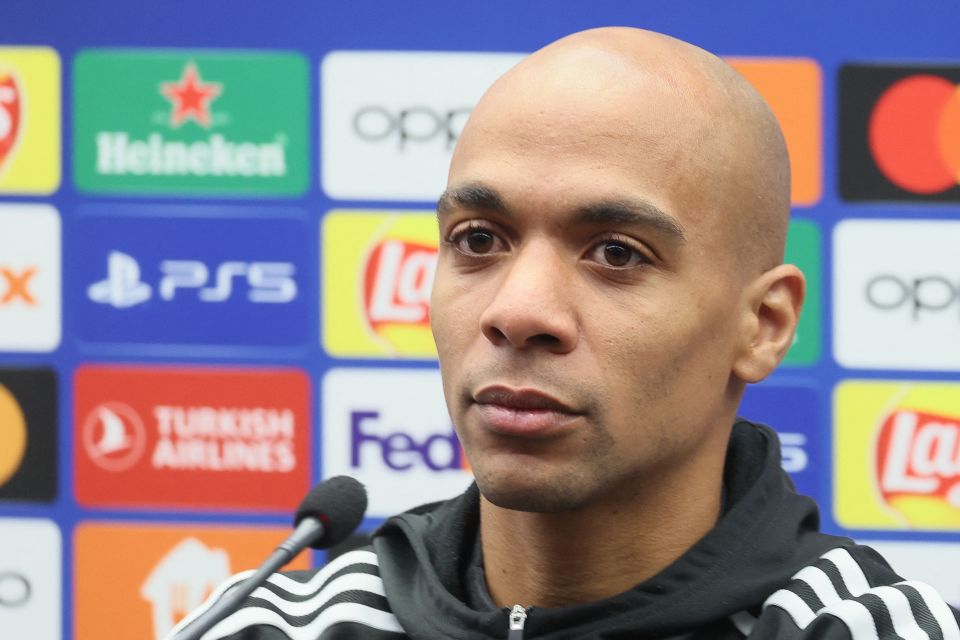CAS Sides With Inter Milan: No Compensation Owed to Sporting CP for Benfica Transfer
The Court of Arbitration for Sport (CAS) has ruled in favor of Inter Milan and Benfica, dismissing Sporting CP's claim for compensation in the transfer of midfielder Joao Mario. This decision concludes a long-running dispute over the intricate details of the player's move between the three clubs.
Sporting CP had argued that they were owed compensation due to a sell-on clause they claimed was in place when Joao Mario initially moved from Sporting to Inter Milan. However, CAS found no evidence to support Sporting's claim, effectively ending their pursuit of financial recompense.
This ruling underscores the complexity of international football transfers and the importance of meticulously documented agreements. The lack of clarity regarding the sell-on clause, according to the CAS, was pivotal in their decision.
The Key Arguments Presented
Sporting CP's case hinged on their assertion that a sell-on clause existed within Joao Mario's initial transfer to Inter Milan in 2016. They argued this clause entitled them to a percentage of any subsequent profit made on his sale. Benfica subsequently acquired Joao Mario from Inter, prompting Sporting's claim for compensation.
Inter Milan and Benfica, however, strongly contested Sporting CP's interpretation of the contractual agreement. They provided evidence to CAS suggesting that no such sell-on clause was explicitly included in the original transfer documents. This evidence, apparently compelling enough to sway the court, centered on the precise wording of the contracts and their interpretation within the legal framework of football transfers.
Implications of the CAS Decision
The CAS decision brings an end to a lengthy and potentially costly legal battle for all parties involved. The ruling serves as a clear reminder of the crucial role precise and unambiguous contract drafting plays in international football transfers. Ambiguity, as seen in this case, can lead to protracted legal disputes and significant financial implications.
This decision also highlights the increasing scrutiny applied to player transfers at the highest level of professional football. The CAS, as the highest court in sports arbitration, provides a final and binding resolution to complex disputes, ensuring fair play and adherence to contractual agreements.
For Sporting CP, the decision represents a significant setback. The failure to secure compensation underscores the need for robust legal representation and meticulously reviewed contracts during future player transfers.
The Future of Football Transfer Disputes
This case adds to a growing body of legal precedent concerning international football transfers. The increasing financial stakes involved in these transactions mean that disputes like these are likely to continue. The importance of clear, well-defined contracts cannot be overstated. Clubs involved in such transactions need to ensure their agreements are airtight, leaving no room for misinterpretation.
This CAS ruling on the Joao Mario transfer emphasizes the need for proactive measures to prevent future disputes. Clubs should invest in legal expertise to thoroughly review and vet all contracts, minimizing the risks of protracted legal battles and ensuring clarity in their contractual obligations.
Conclusion: Transparency and Precision in Football Contracts
The CAS ruling in favor of Inter Milan and Benfica demonstrates the critical importance of meticulous documentation and precise language in football transfer agreements. The lack of a clearly defined sell-on clause proved decisive in the outcome, highlighting the potential consequences of ambiguous contractual wording. This case serves as a cautionary tale for all clubs involved in international player transfers, emphasizing the need for transparency and precision in all aspects of the contractual process. The future of football transfers will likely involve even greater focus on legal clarity and thorough contract review to minimize disputes and ensure fair play.

